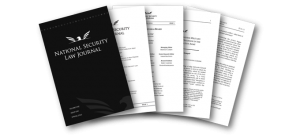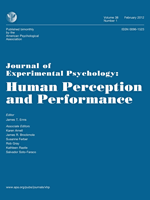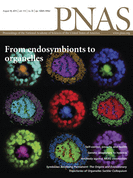 The Cochrane Library has withdrawn two reviews evaluating the effectiveness of diabetes treatments because some of the papers’ authors work with pharmaceutical companies.
The Cochrane Library has withdrawn two reviews evaluating the effectiveness of diabetes treatments because some of the papers’ authors work with pharmaceutical companies.
Bianca Hemmingsen, first author on both reviews, told us the Cochrane Library asked the authors to remove the researchers with ties to pharma, but after one “refused to withdraw,” both papers were pulled entirely.
However, Hemmingsen insists that their employment had no impact on either paper.
This breaks the typical mold for Cochrane withdrawals, which are usually only pulled to indicate updates and show that older reviews no longer represent the best evidence.
Continue reading Authors’ pharma ties cause Cochrane to withdraw two diabetes reviews







